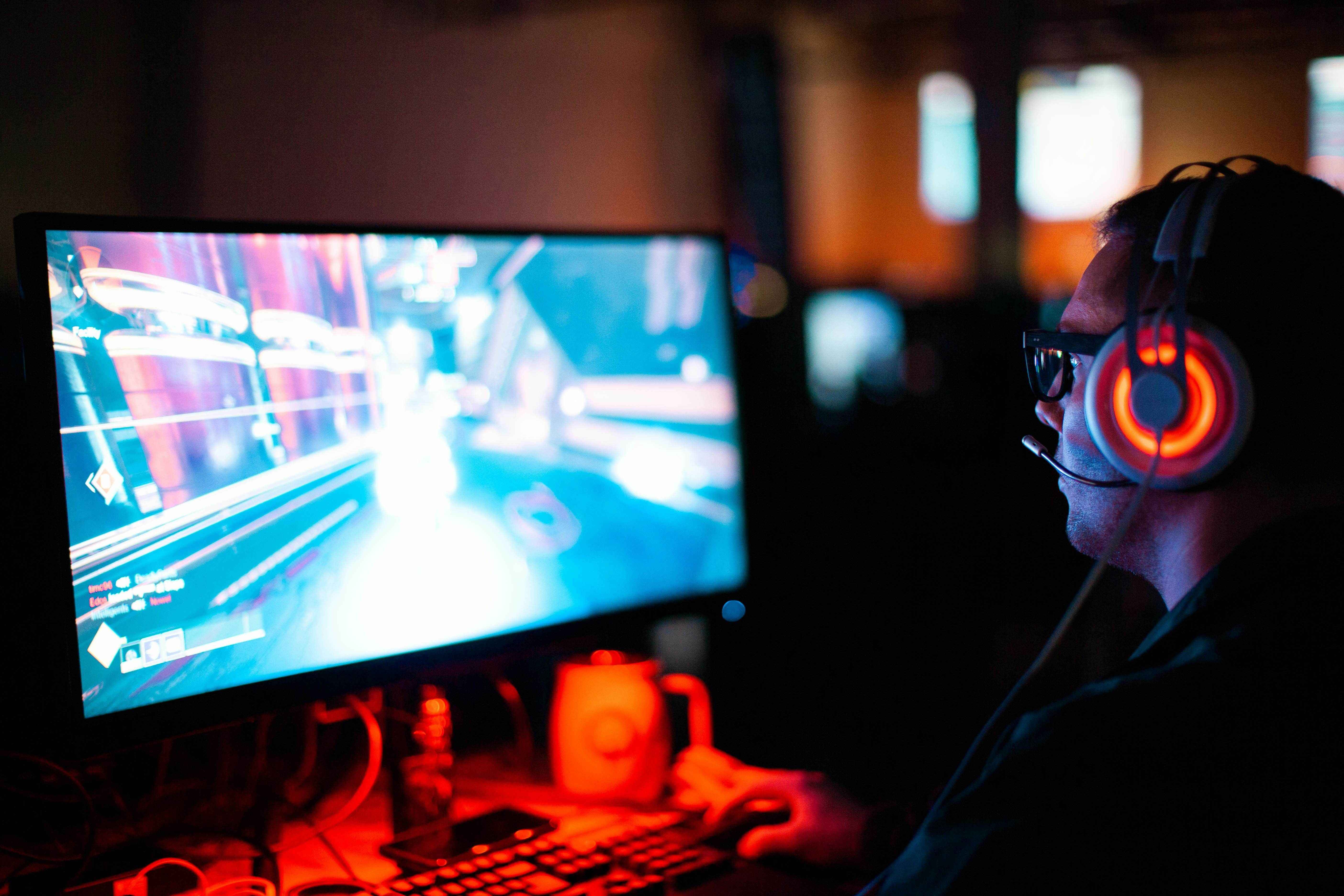Dive into the heart-pounding world of fighting games. Here, it’s not just about fast fingers; it’s a journey of honing your focus, mastering strategy, and solving problems on the fly. Imagine transforming gaming hours into lessons that equip you with skills reaching far beyond the screen. From navigating complex challenges to outsmarting opponents, fighting games offer a playground for your brain, training it to think quicker and smarter.
In fighting games, students uncover a treasure trove of strategies and skills to enrich their approach to tackling various tasks and challenges. You can reclaim valuable time for this hobby by teaming up with an essay helper. This partnership not only ensures their academic tasks are managed more efficiently but also opens up space for activities that sharpen problem-solving, strategic planning, and quick decision-making abilities. Now, let’s explore how fighting games can enhance your skill set.
Mastering the Mind Game
In the vibrant universe of fighting games, victory is often won before the first punch is thrown. It’s a mental chess match where players need to outsmart and outplay their rivals. Success in this arena goes beyond mere quick reactions; it hinges on a thorough grasp of the game’s intricacies and forecasting the adversary’s next steps. This mental agility is developed through practice, patience, and a willingness to delve into the nuances of each character and matchup.
Moreover, these games teach the value of focus. In the midst of a heated battle, distractions must be minimized. Players learn to concentrate on their strategies, adapt to their opponent’s tactics, and make split-second decisions that could turn the tide of the match. This level of focus is cultivated over time, transforming chaotic button-mashing into deliberate, strategic action.
The Strategy Behind the Combo
Strategy is the backbone of any fighting game. Each player must develop a game plan that plays to their strengths while exploiting their opponent’s weaknesses. This involves:
-
Understanding character matchups: Knowing the ins and outs of each character’s abilities.
-
Reading the opponent: Anticipating moves and countering effectively.
-
Resource management: Using meter and health as strategic assets.
-
Spacing and positioning: Controlling the battlefield to your advantage.
-
Adaptability: Changing tactics on the fly in response to the opponent’s strategy.
After laying out the groundwork with these elements, players realize that every match is a dynamic puzzle. Crafting a strategy isn’t a one-size-fits-all solution; it’s a personalized plan that evolves with experience and understanding. This approach teaches players to be flexible and creative in their problem-solving, applying these principles to overcome any challenge they face.
Quick Reflexes, Quicker Thinking
The speed of fighting games requires players to think and react at an extraordinary pace. Players must make immediate decisions based on a complex mix of information, from the current state of play to predicting the opponent’s next move. This constant demand for quick thinking sharpens cognitive abilities, enhancing a player’s capacity to process information rapidly and accurately.
Additionally, the pressure of competition fosters a player’s ability to remain calm. Learning to manage stress and make clear-headed decisions when stakes are high is a valuable skill cultivated in the crucible of intense gaming sessions. This resilience is what separates the good players from the great, teaching them to stay focused and effective even in the most chaotic situations.
Learning Through Failure
Every defeat in a fighting game is a lesson in disguise. Players who embrace this perspective gain the most, understanding that improvement comes from analyzing losses, pinpointing mistakes, and adjusting strategies. The journey of ongoing learning and adaptation fuels a player’s growth. It instills resilience, motivating players to see challenges not as obstacles but as opportunities for achieving expertise.
Additionally, the community around fighting games contributes to this educational journey. The community is built on sharing knowledge, with experienced players often mentoring newcomers. This environment of support and collective growth fosters a positive attitude towards learning and improvement, highlighting the value of community in achieving personal goals.




















